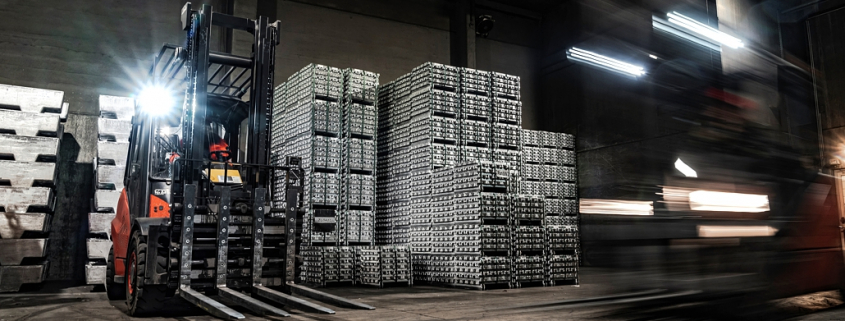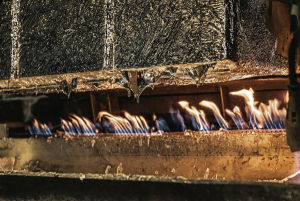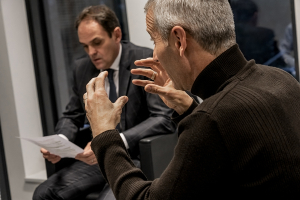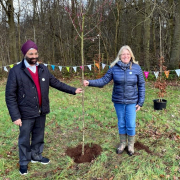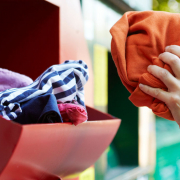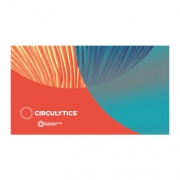Circular Economy: Zinc Recycling to Preserve Natural Resources
REAZN strongly believes that zinc is one of the most suitable materials for an upcycling recovery stream. In this way REAZN helps to save natural resources and to lower the carbon footprint for the whole industry. REAZN keeps on investing in better recycling processes and technologies and is committed to reduce its CO2 emissions. By doing so, REAZN wants to change the perception of secondary material and to promote the concept of zinc recycling.
REAZN: RECYCLING, RELIABILITY AND ZINC
The REAZN Group is going to celebrate its 1st birthday on 18 February 2021. One year ago, four brands were unified to further strengthen the position in their core zinc alloy business:
- REAZN Belgium NV (previously NFM Cramet NV),
- REAZN SA (previously NFM Alloyz),
- REAZN UK Ltd (previously The Brock Metal Company Ltd),
- REAZN+ BV (previously ISTC BVBA).
In 1988 REAZN Belgium started the production of zinc alloys in Gent, already focusing on secondary zinc units. REAZN SA was founded in the year 1994 in Luxembourg. The company is responsible for the procurement of raw materials, logistic processes & sales. REAZN UK originates from the Brock Metal Company. Its factory is locatednear Wolverhampton and was established in 1949. Last, REAZN+ complements REAZN Belgium for the processing of complex secondary raw materials on the Belgian site.
Sustainable manufacturing process
Today, REAZN produces 95.000 tons of zinc alloys per year, offering casting and customized galvanizing alloys. The company offers a logistical service to their customers providing bins for collection of the materials to be recycled. Another objective is to recover zinc units from post-consumer goods. It also partly prevents the disposal of demolition and household waste. Furthermore, every by-product of REAZN’s recycling process can be used as raw material in other industrial applications.
Source: REAZN Group (Luxembourg, February 15, 2021)

